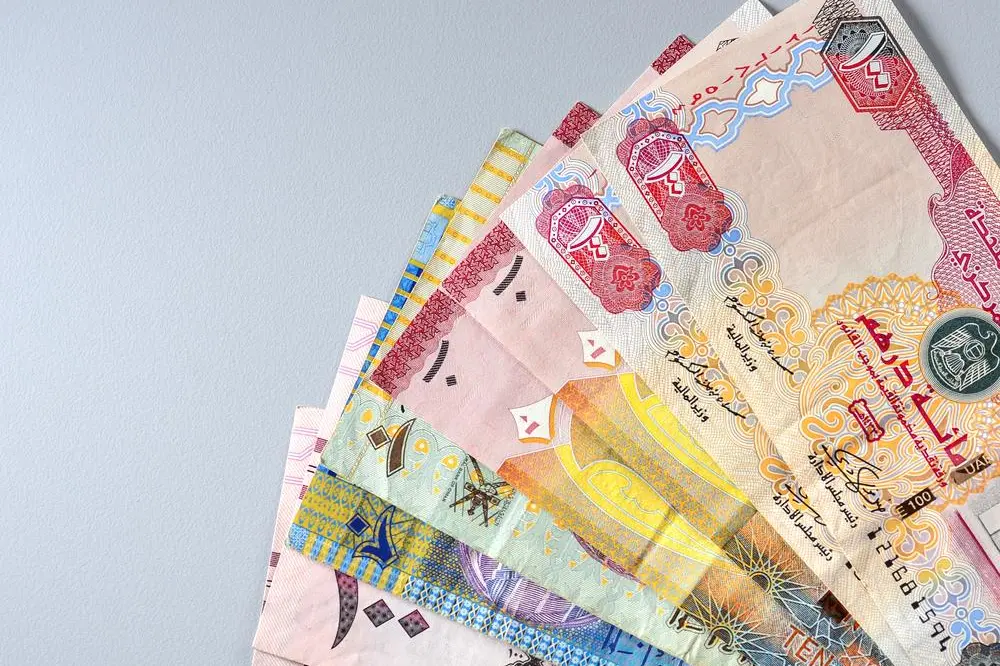PHOTO
Sunday, Feb 12, 2017
Dubai: Bond issuance from GCC countries expected to surge further this year, largely led by sovereign issuers according to analysts.
Despite recent improvement in crude oil prices following Opec [Organisation of Petroleum Exporting Countries] agreement to cut production, oil prices are expected to remain below GCC sovereign budget break even.
“We expect Brent futures to average $55.50 per barrel in 2017 and WTI to average close to$53 per barrel, thanks to tighter market conditions as Opec members make progress on agreed production cuts. The degree of slack in the oil market outside the US is very low and any disruption to supplies could lead to momentary upward spikes in prices. However, these are likely to be transient factors,” said Anita Yadav, Head of Fixed Income Research at Emirates NBD.
Based on the current projections, oil prices are likely to remain below the budget break even for GCC sovereigns possibly for few more years to come. Inventories globally remain at highly elevated levels; a surge in demand can be easily accommodated in current market conditions.
While low oil prices will continue to be a drag on economic growth in the region particularly overall stability and a gradual improvement in prices are expected to support economic fundamentals and further sovereign bond issuance this year.
Lower budget deficits
Thanks to improving oil prices, GCC governments’ budget deficits in 2017 will be lower than in 2016. Based on the latest budget announcements and assuming oil prices in mid-$50/b, Emirates NBD analysts estimate the aggregate 2017 GCC budget deficit to be around $101 billion compared to $152 billion last year. This may reduce further if oil prices average higher on the back of improving global growth. However, analysts say the possibility of budget deficits getting bigger can’t be ruled out as Saudi and Oman have a track record of spending more than their budgets.
“Currently budget deficits in the GCC have a direct correlation with the supply of new government debt because the lack of established taxation systems and narrow non-oil revenue streams limit the governments’ ability to raise additional revenue to reduce budget deficits,” said Aditya Pugalia, analyst, fixed income research, Emirates NBD.
Incentive to increase external debt issuance is higher because regional governments may be reluctant to liquidate too much of foreign reserves in order to have sufficient muscle power to defend the currency peg in times of need, and also because the return generated on foreign investments may actually be higher than the cost of debt. In addition, all GCC governments now have established Debt Management Offices and appear more in control of finding the optimal way to fund deficits.
“Prospects for region’s bond issuances in 2017 appear bright based on further funding requirement in the region by sovereigns and corporates as well as rising interest rates that would make bank lending costlier. Moreover, as the economic growth is estimated to pick up, spending by corporates on M&A and capital projects is expected to also grow that would have a direct impact on fixed income issuances,” said Junaid Ansari, Assistant Vice President at Kamco.
Dubai: GCC sovereign spreads are likely to remain volatile this year with the chance of capital losses outweighing possibility of capital gains. However, based on total return, analysts expect GCC sovereign bonds to generate healthy positive returns.
“We expect negative impact of rising benchmark yields and high new supply to be balanced by positives influence of improving oil prices, declining geopolitical risk and better management of the government finances.
Going into 2017, analyst are cautiously optimistic about the full year performance of GCC sovereign bonds albeit not without multiple episodes of short lived gyrations resulting from changing views on US rate hikes and the timing of the upcoming new supply in the region.
Total return on GCC sovereign bonds in 2016 was over 6 per cent mainly driven by lower than-originally-expected benchmark yields and high returns generated on Bahrain sovereign bonds. The returns this year is expected to be less than this.
By Babu Das Augustine Banking Editor
Gulf News 2017. All rights reserved.





















